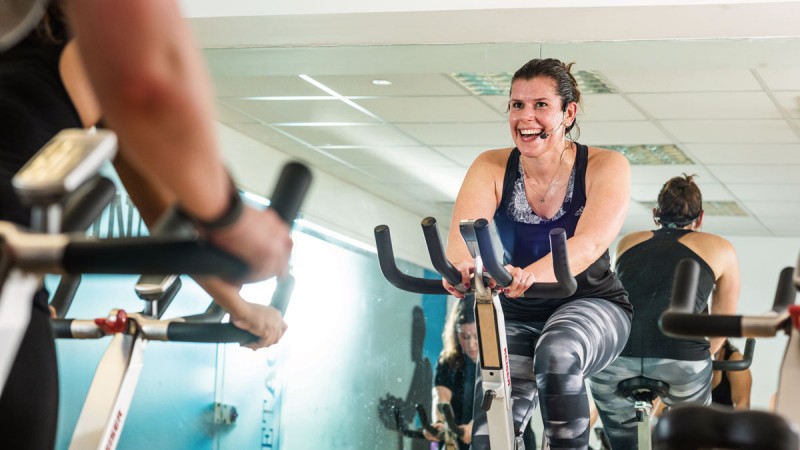Opening times
Term time
Monday to Friday: 7.15am to 10.30pm; Saturday to Sunday: 8am to 8pm*
Out-of-term time
Monday to Friday: 7.15am to 8.30pm; Saturday to Sunday: 9am to 6pm*
*Last entry to the centre is 30 minutes before closing time.
Out-of-term dates 2023/24:
23 March 2024 to 14 April 2024
22 June 2024 to 15 September 2024
General closures:
We are closed each Bank Holiday as well as the BU Easter closure periods: from Friday 29 March 2024, re-opening on Tuesday 2 April 2024.
Contact details
Phone: 01202 965012 Email: [email protected]










